Christy Ring at 100: Greatness came from his dedication to the skills of hurling

Leading Cork out against Tipperary in 1942 was Jack Lynch, seventh from right is a young Christy Ring.
“In Christy Ring we had the typification of an ideal Irish athlete and it is as such that he should be ed by future generations.”

Ring had honed his craft in Cloyne and, even after he ed Glen Rovers, he continued to refine that craft whenever he returned to Cloyne.
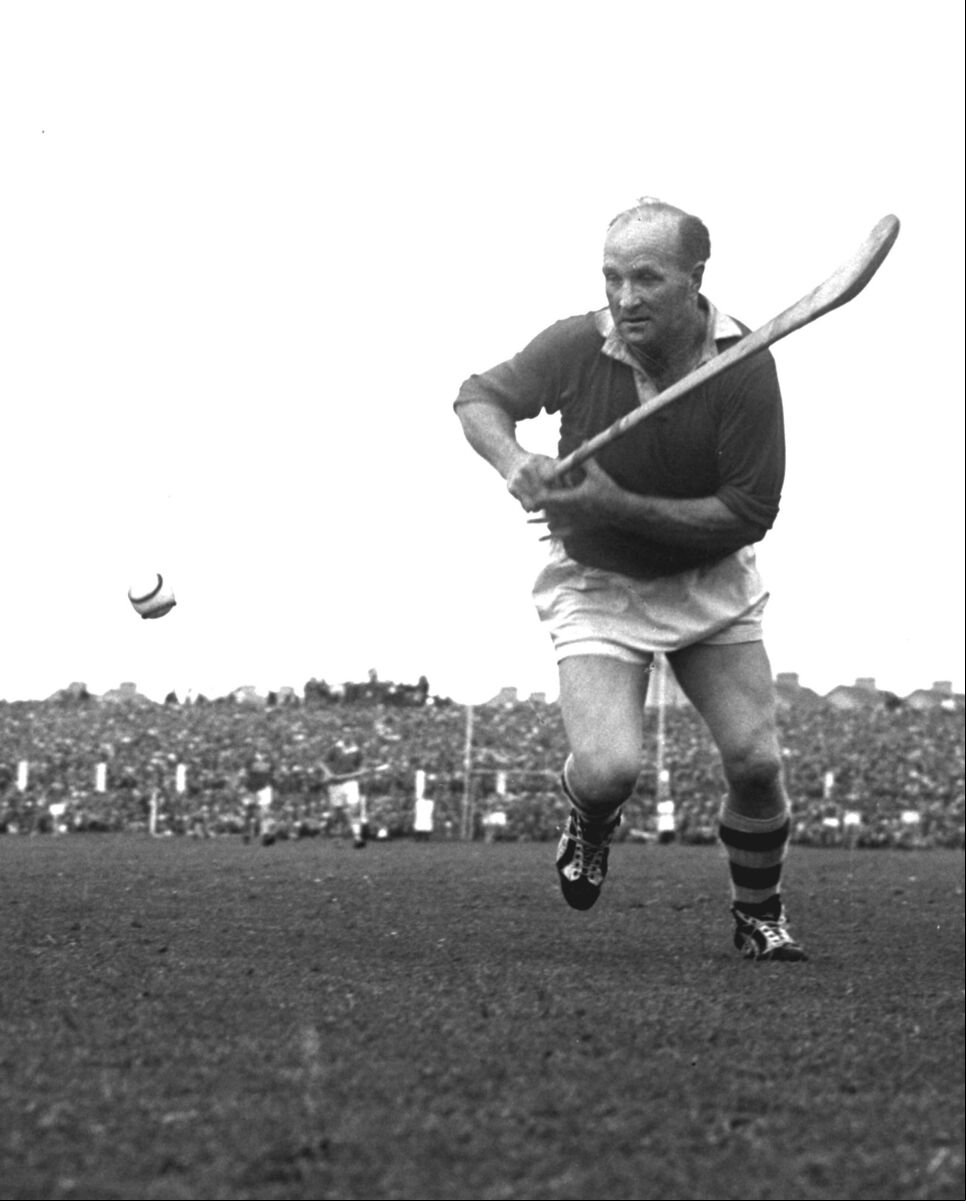
“It wasn’t what I got from it, or what was at the end. Playing the game was the most important thing as far as I was concerned.”
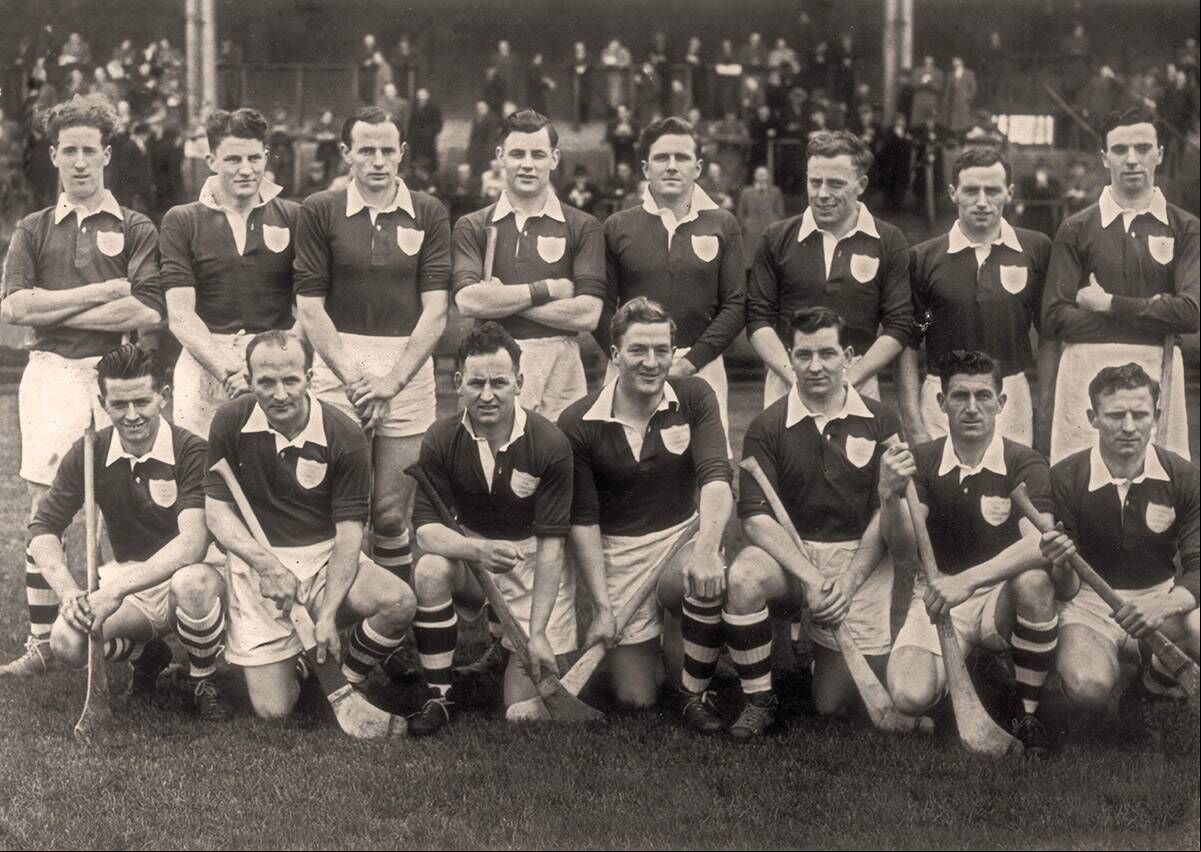

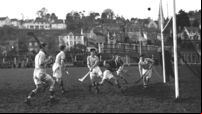
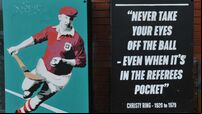
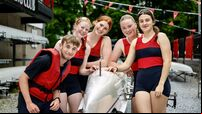
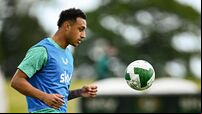
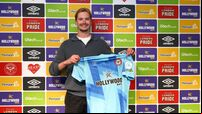
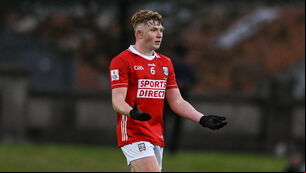



 App?
App?







